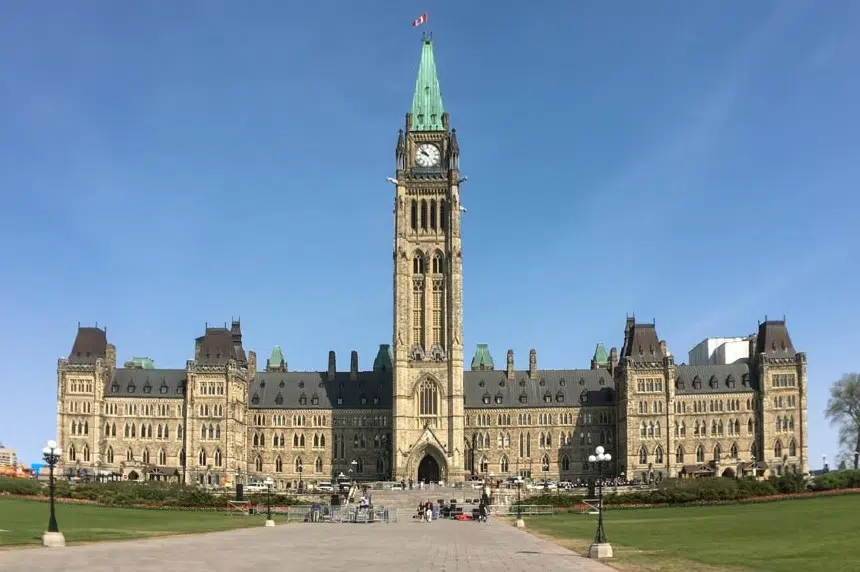The reactions began even before the official announcement was made on Monday – the prime minister was, for the first time, invoking the Emergencies Act.
With reactions came misinformation and assumptions, but Dwight Newman — a law professor at the University of Saskatchewan, as well as Canada Research Chair in Indigenous Rights in Constitutional and International Law — dispelled some of those.
The Emergencies Act was made law in 1988, replacing the War Measures Act which the elder Prime Minister Trudeau used during the October Crisis in 1970.
Newman explained the new act allows the federal executive to take up certain powers on a temporary basis and use those powers that it might normally need Parliament or the provinces for.
There are several different kinds of emergencies and the powers for each are slightly different. Newman said the current situation would be a public order emergency.
“(Officials) can put various kinds of limits on assembly, they can create new offences, they can order people to do essential things in return for reasonable compensation, they can limit travel (and) limit the use of certain places,” he said.
The professor described it more specifically.
“They could say that people can’t protest in a particular area or they could even limit protest altogether. They could order tow truck drivers to assist them in removing vehicles from Parliament Hill,” Newman said.
In his announcement on Monday afternoon, Prime Minister Justin Trudeau outlined the powers his government will use: Giving more powers to police to fine and arrest people, allowing the RCMP to enforce municipal bylaws, and protecting important areas like border crossings and airports.
The legal question around the move, according to Newman, is whether the current situation around protests and border blockades meets the definition of an emergency.
“Essentially, (it would be) something that’s threatening Canadians in some way or Canadian sovereignty in a way that goes beyond provinces’ powers to deal with,” said Newman.
The professor explained the government appears to have decided that the set of powers in the act are the ones it wants to use to deal with this situation, and likely doesn’t think it has an easy way to resolve the situation otherwise.
Though some were referring to the act as “martial law,” Newman said it’s actually far from it. He said it’s more like a situation where the federal executive can temporarily assume additional powers.
There are a few checks and balances in place when it comes to the act.
Newman said the act automatically expires 30 days after it was enacted unless a continuation is put forth. And if they deem it necessary, the House of Commons or Senate can revoke the act before that.
Newman pointed out that powers under the act are also subject to court oversight.











